Science Essentials15
-
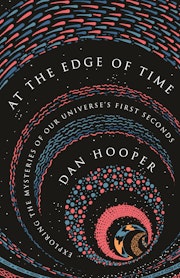
A new look at the first few seconds after the Big Bang—and how research into these moments continues to revolutionize our understanding of our universe
-
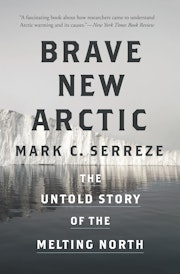
An insider account of how scientists unraveled the mystery of the thawing Arctic
-
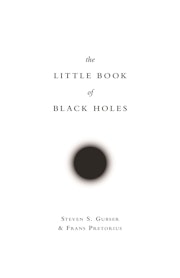
Dive into a mind-bending exploration of the physics of black holes
-
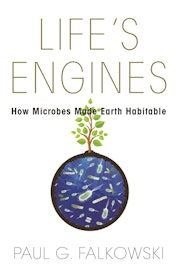
The marvelous microbes that made life on Earth possible and support our very existence
-

The inside story of the epic quest to solve the mystery of dark matter
-
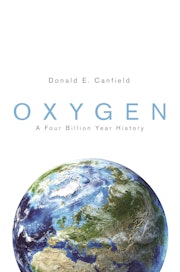
The remarkable scientific story of how Earth became an oxygenated planet
-
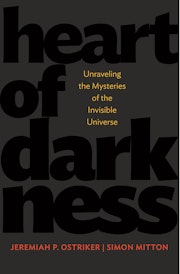
Humanity's ongoing quest to unlock the secrets of dark matter and dark energy
-
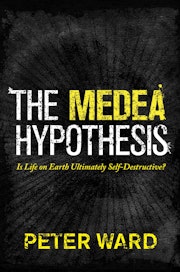
In The Medea Hypothesis, renowned paleontologist Peter Ward proposes a revolutionary and provocative vision of life's relationship with the Earth's biosphere--one that has frightening implications for our future, yet also offers hope....
-
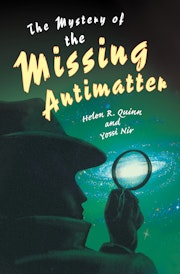
In the first fractions of a second after the Big Bang lingers a question at the heart of our very existence: why does the universe contain matter but almost no antimatter? The laws of physics tell us that equal amounts of matter and...
-
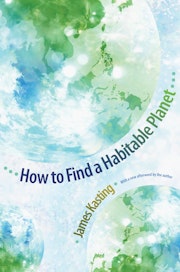
The amazing science behind the search for Earth-like planets
-
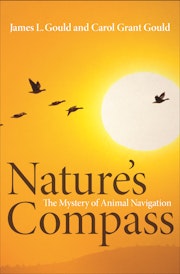
The mysterious and remarkable ways that animals navigate
-
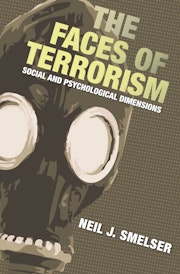
Terrorism is the most clear and present danger we confront today, yet no phenomenon is more poorly understood by policymakers, the media, and the general public. The Faces of Terrorism is the first serious interdisciplinary examination...
-
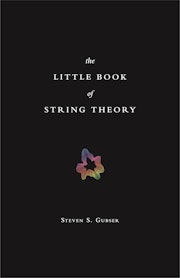
The essential beginner's guide to string theory
-
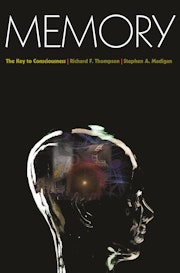
Memory is perhaps the most extraordinary phenomenon in the natural world. Every person's brain holds millions of bits of information in long-term storage. This vast memory store includes our extensive vocabulary and knowledge of...
-
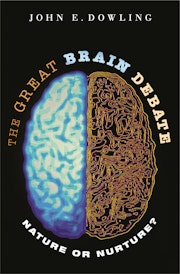
Whether our personality, intelligence, and behavior are more likely to be shaped by our environment or our genetic coding is not simply an idle question for today's researchers. There are tremendous consequences to understanding the...